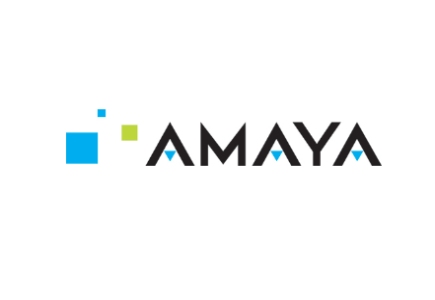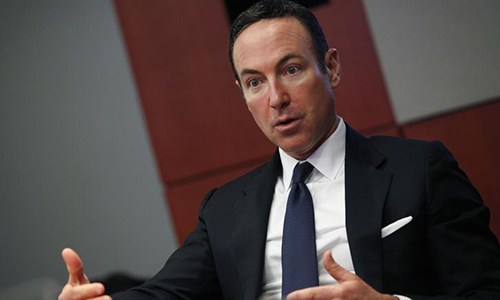Jason Ader Disses David Baazov, Stirs Troubled Amaya Corporate Pot
More rumblings from behind the scenes at Canada’s Amaya, Inc., parent company of globally dominant online-poker market leader PokerStars. Fresh off an announced bid for the company by former CEO David Baazov, and a follow-up adjustment to the backing of that bid, Baazov has come under fire from one of Amaya’s minority shareholders, New Yorker Jason Ader.
 In a letter to Amaya’s board first published yesterday at Bloomberg, Ader urged the company to rid itself of “the undue influence” of Baazov, as it continues to plan its future corporate plans.
In a letter to Amaya’s board first published yesterday at Bloomberg, Ader urged the company to rid itself of “the undue influence” of Baazov, as it continues to plan its future corporate plans.
“If I were making a $4 billion bid and would want the shareholders to take me seriously, I would provide much more transparency to the shareholders,” Ader told Bloomberg in a follow-up. “[Amaya] needs to get back to growing the business. It’s competitive out there.”
Based on several metrics, Ader believes the Baazob bid is both low and opportunistic, not even factoring in the share-price-shuffling drama created by the uncertainty over his backers. Two of the four investment entities originally claimed by Baazov ultimately fizzled; one claimed it was never part of the proposal (and filed a complaint with the SEC), while the other was all but air, being a disbanded Caribbean island company no longer in existence.
“If we have a credible bid with transparency, then we should consider it,” Ader also told Bloomberg. “But the current price seems low and the lack of transparency and the information about the sources of funding raises a lot of questions.”
Ader is no stranger to controversy himself. His investment group, SpringOwl, owns 2-3% of Amaya, among his other investments in the online gambling world. The outspoken Ader made headlines as a dissident shareholder in the bwin.party bidding war last year, not only winning himself a seat on bwin.party’s board prior to the company’s sale, but helping redirect the bwin.party process from its assumed initial buyer, 888 Holdings, on to the company that ultimately purchased bwin.party.
Interestingly, Ader also own a piece of anti-online-gambling firm Las Vegas Sands Corp., the Vegas- and Macau-centered firm controlled by Sheldon Adelson. Ader holds a seat on the LVSands board and is certainly not “anti” online gambling, offering a glimmer of hope for an LVSands reversal on the topic if and when the widely hated Adelson ever departs the scene.
But the story of now is Amaya, and Baazov’s bid, which Ader sees as distracting to the firm and deflating to its current market prospects. Baazov, of course, remains mired in a cloud of controversy, even though he retains a swath of enthusiastic support among online gambling’s more entrepreneurial souls.
If only the fouled backing announcement for the latest bid was the largest problem facing Amaya, but no. The insider-trading case involving Baazov, two other company officials, and a whole slew of Baazov’s friends and close associates continues in Quebec. The truth is that even though Baazov, earlier this year, resigned his twin roles as Amaya’s CEO and chairman of the board, he’s still inextricably intertwined with Amaya’s fortunes.
Baazov owns or controls 17.2% of Amaya’s stock, which according to various reports makes him either Amaya’s largest or second-largest shareholder. And the much smaller Amaya swallowed the much-larger former owner of PokerStars, Rational Group / Oldford Group, in a highly leveraged deal that left large swaths of Amaya stock in the hands of other corporate insiders and close associates of Baazov. The company may be publicly traded, but it’s still closely controlled.
All that is part of why, Ader argues, Baazov must be jettisoned from the Amaya sphere. According to Ader, Baazov’s shares should also be held in a divestiture trust, which would lead to a forced public sale of those shares.
Ader also makes the case that the continued uncertainty surrounding the Baazov bid, as well as Baazovs possible return to the company, create hurdles for both the company’s operations and stock-price fortunes. In the letter to Amaya’s board, which the company quickly acknowledged it had received, Ader called the bid a“continued attempt by a discredited former executive to capitalize on the Amaya situation at other shareholders’ expense.”




















COMMENTS